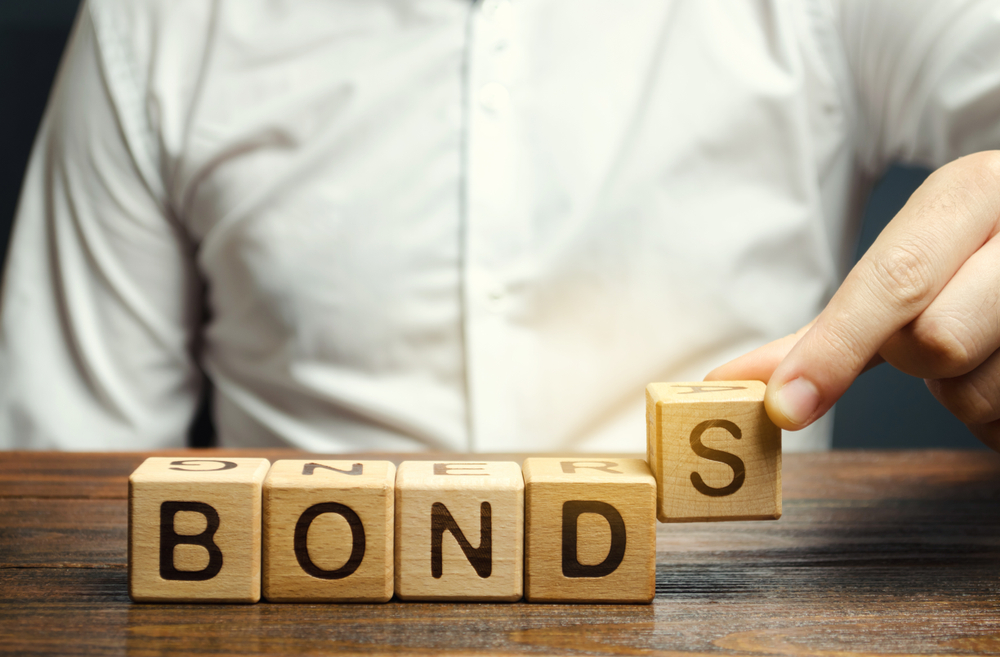If you’ve read anything from my e-letter, Wealthy Retirement, you know I’m the dividend guy.
I believe so strongly in the power of investing in Perpetual Dividend Raisers (companies that raise their dividends every year) that I spent two years writing Get Rich with Dividends to show investors why they must include this wealth- and income-building machine in their portfolios.
I write about dividend-growth stocks every week. I invest in these types of stocks myself, and I invest in them for my kids.
So it may surprise you to know that I also own some bonds.
I have a mix of bonds, including convertible, corporate, Treasury and municipal bonds.
My Treasurys have extremely short maturities – less than a year. I basically treat them as a place to park my cash and earn a little extra income.
My corporates and municipals also have short maturities, but not as short as those of the Treasurys. I’ll typically buy bonds that mature in three years or less. Since we’re in a high interest rate environment, I don’t want to be locked in at a lower interest rate for too long.
Most of the time when I buy bonds, I plan on owning them until maturity. I’m not interested in trading them.
Sure, if I get a spike in the price above par (the price at which the bond will be redeemed at maturity), I may consider selling early. But generally, I’m buying a bond to collect a consistent stream of income with the guarantee (in a Treasury) or near-guarantee (in a municipal or investment-grade corporate bond) of getting my money back.
The important thing to remember when owning bonds is that you get the par value of the bond back at maturity… no matter what the bond, bond market or economy is doing.
For example, let’s say you buy a bond at par value ($1,000) that yields 4% and matures in two years. That means you’ll collect 4% interest each year and receive your $1,000 back at maturity.
If the bond declines in value to $900 next year, it doesn’t matter. Because at maturity, you’ll get your $1,000 back. And you’ll still collect 4% interest. The interest rate you’ll receive does not fluctuate with the price of the bond.
I like that kind of stability for a small portion of my portfolio.
I keep my bond holdings fairly small because I’m still building wealth. I have years to go until retirement. Investors who have a lower tolerance for stock market risk might want to have a larger percentage of their portfolios invested in bonds than I do.
If you’re interested in bonds, I do NOT recommend bond funds or exchange-traded funds (ETFs). These investments will lose value as interest rates rise. Individual bonds may also lose value, but at maturity, investors will get their money back. There is no maturity on a bond fund or ETF, so you will very likely lose money in a rising rate environment.
It’s important to note that your bond positions aren’t likely to grow your wealth much, unless you buy bonds that are undervalued. You’re not going to get rich buying bonds. But you may stay rich.
Bonds are a useful way to generate some good income while preserving your capital. Just keep your maturities short while rates are rising and buy bonds that are high quality.
Take it from the dividend guy.
